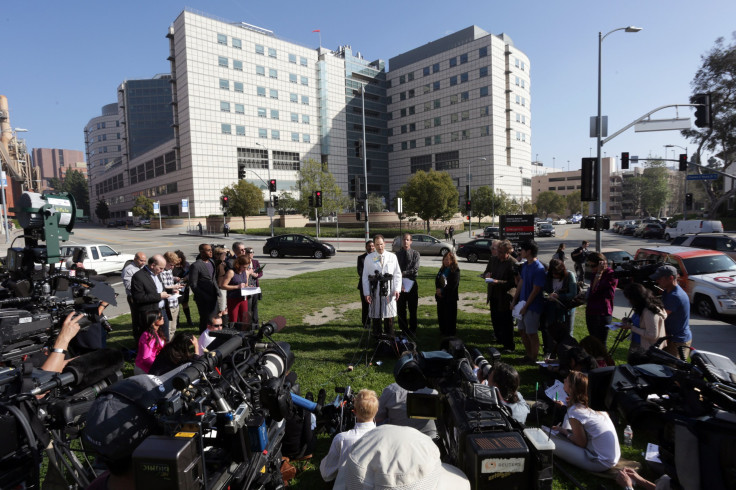179 Patients In LA Exposed To Superbug Infections

A Los Angeles teaching hospital has told patients that they may have been exposed to a drug-resistant bacterial superbug during endoscopy procedures that infected seven patients and caused two deaths. More than 170 patients who may have been infected by the carbapenem-resistant Enterobacteriaceae, or CRE, are being offered home testing kits which would theen be analysed by the University of California at Los Angeles hospital system.
The possible exposures occurred at the UCLA Ronald Reagan Medical Center between Oct 3 and Jan 28 during procedures in which a specialised endoscope is inserted down the throat to diagnose and treat pancreatic and bile duct diseases. An internal investigation by the UCLA hospital system revealed that CRE may have been transmitted to patients by two of seven scopes being used by the center. The scopes were made by the Olympus Medical Systems Group. The particular outbreak of CRE is not a threat to the health of the public in Los Angeles.
The five surviving infected patients are being treated with antibiotics. The hospital where the infections took place had been sterilising the scopes, according to standards stipulated by the manufacturer Olympus. The hospital now uses a more rigorous process that goes beyond the manufacturer's and the national standards and involves a second sterilisation using a gas called ethylene oxide. The two infected scopes were immediately removed to be returned to Olympus, and the hospital said it was being cautious in notifying all patients who were examined with any of the seven scopes used during the period.
Superbug infections are difficult to treat because some of the bacteria have becomes resistant to antibiotics. The U.S. Centers for Disease Control and Prevention said the germs could contribute to death in up to 50 percent of infected patients.Some experts advocate the use of disposable, single use instruments rather than reusable ones that must be sterilised after every procedure.
To contact the writer, email: sonali.raj@gmail.com





















